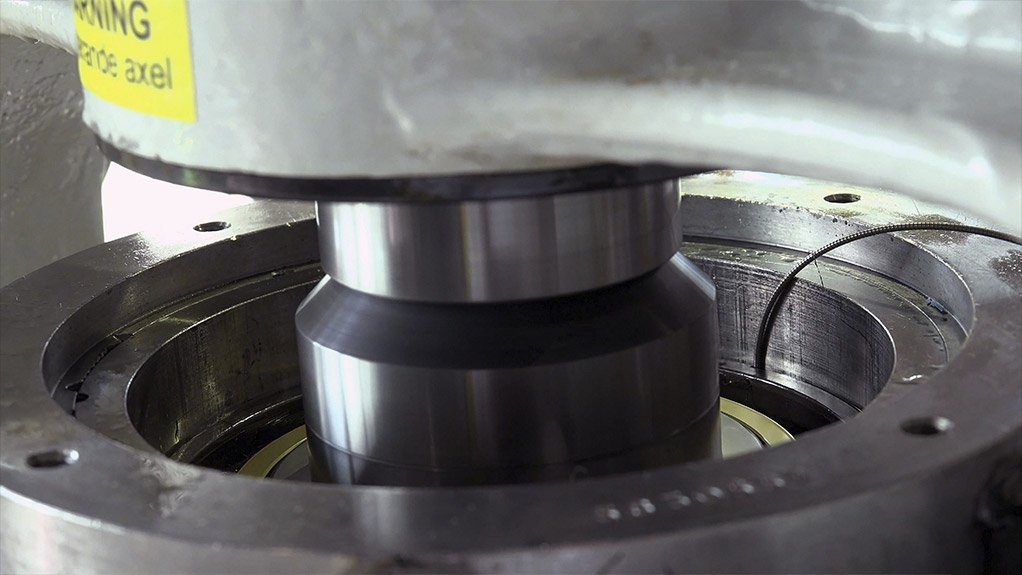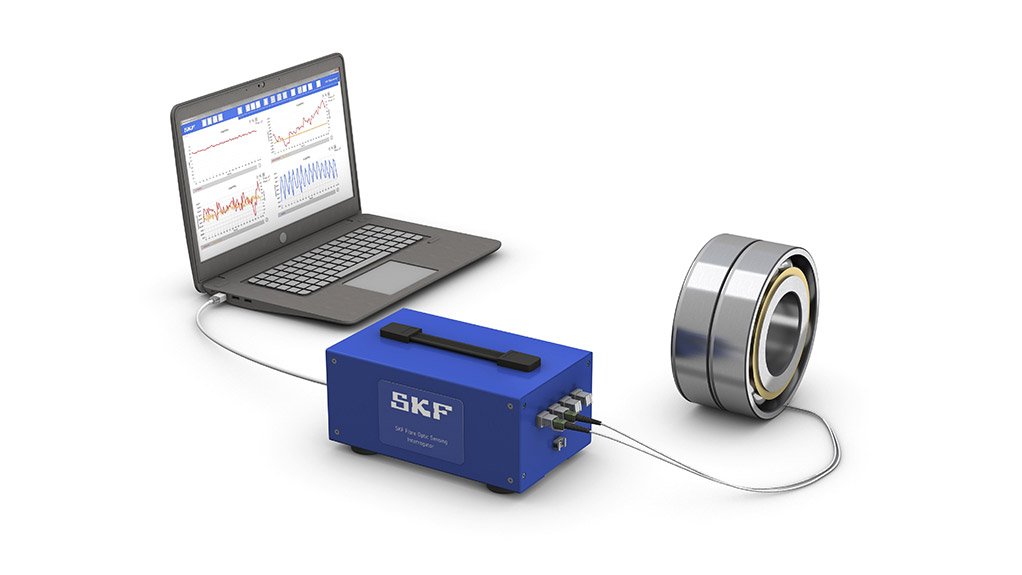Designers can accelerate the design cycle by analysing bearing loads quickly and accurately thanks to the addition of fiber optic based SKF’s Load Sensing Bearings – for pumps and compressors
SKF released the world’s first commercial load sensing bearing based on its proprietary fiber optic sensing technology. A technology, as earlier announced, being part of a long term strategic technical product development.
The first product streamlines the creation of rotating products such as pumps, using angular contact ball bearings. In it SKF enables real-time measurement of bearing loads using fiber optic sensing.
SKF Load Sensing Bearing – for pumps and compressors takes the guesswork out of product development, helping to speed up the design and verification process, by giving instant access to a variety of bearing data. This includes for example axial vs. radial loads, polar lots of the bearing´s internal strain field, strain spectra, load directions, speed of rotations and temperature.
The bearings, which are interchangeable with conventional bearings, offer several benefits to designers and test engineers, including, optimised design, lower development costs, shorter design cycle and the ability to digitalise the design and verification process.
OEMs and end-users can use the tool when testing and installing new equipment, to check that the correct load and lubrication requirements have been defined and are not exceeded in the real installation.
“Understanding bearing loads is essential in the design of rotating equipment such as pumps.” explains Lars Kahlman, senior applications expert at SKF’s Drives Competence Center in Gothenburg, Sweden. “During the last years SKF has through extensive testing campaigns and simulations developed algorithms that makes the technology really accurate and robust. Our Load Sensing Bearing gives access to data that has been very difficult to access so far because it takes accurate strain measurements directly within the bearing.”
The new sensing bearings are safe to use in hazardous environments as signal data is transferred at high-speeds by low power in optical fibers rather than as electrical signals, making the system also immune to electromagnetic fields. It also enables robust remote monitoring where wireless technology cannot be used as the optical fibers can transmit signals over very long distances.








